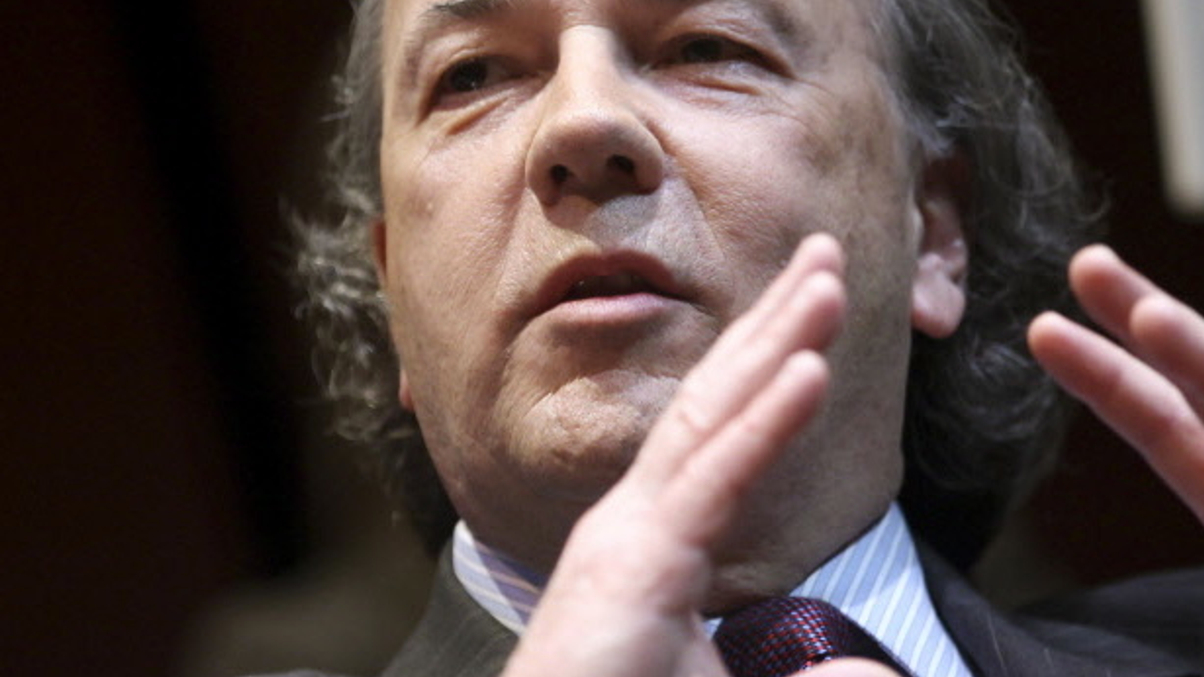Currency warrior James Rickards shoots, misses
James Rickards, partner at JAC Capital Advisors, plugs his book on currency wars by saying the Fed’s quantitative easing puts the world at risk.

James Rickards, a partner at New York hedge fund JAC Capital Advisors and a frequent commentator and adviser in the US, was in town last week to tell investors that loose money is likely to end either in Weimar Republic-style hyperinflation or the revival of the gold standard.
Sign in to read on!
Registered users get 2 free articles in 30 days.
Subscribers have full unlimited access to AsianInvestor
Not signed up? New users get 2 free articles per month, plus a 7-day unlimited free trial.
¬ Haymarket Media Limited. All rights reserved.


